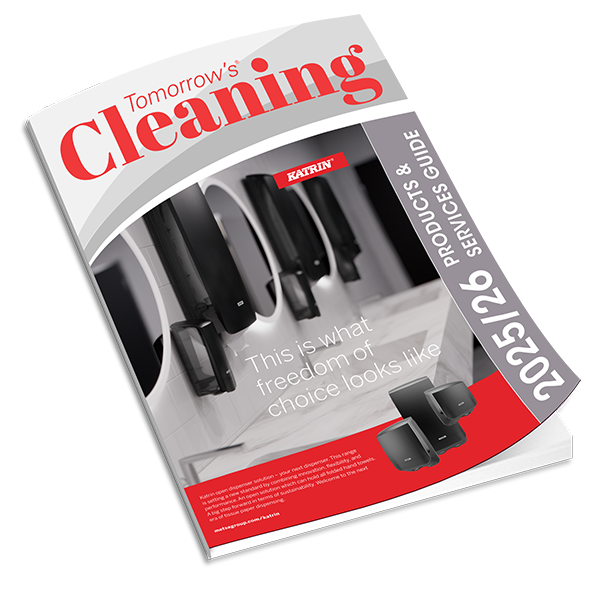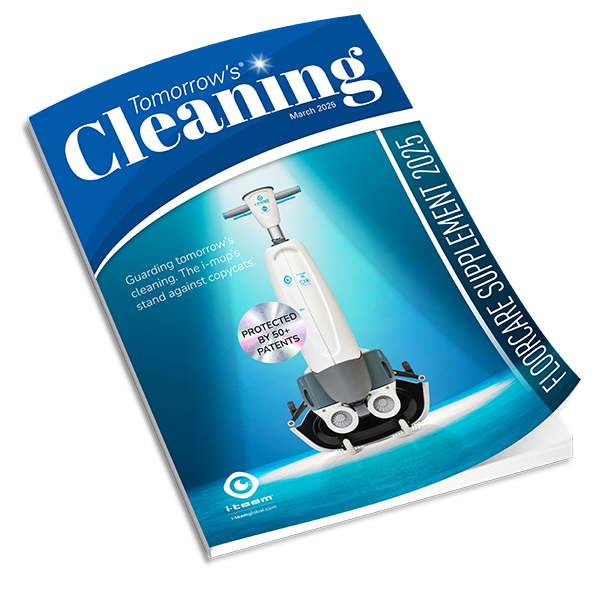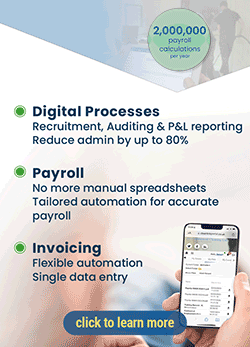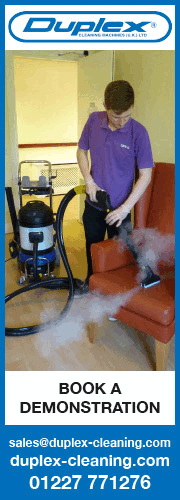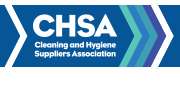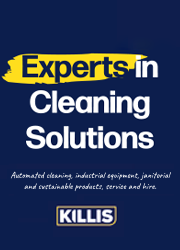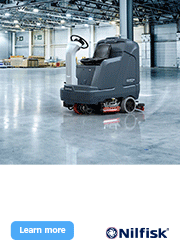SoftBank Robotics, provider of autonomous cobots and digital transformation, has created a strategic partnership with Infogrid, a provider of smart building systems.
Following successful deployments of Infogrid sensors and systems in conjunction with SoftBank Robotics solutions (Whiz cobots), the benefits were immediately obvious to clients and end-users alike, particularly in improved air quality and resource planning. Data provided by the Infogrid platform measuring air quality and airborne particulates (PMs) pre- and post-Whiz deployment showed a 50-80% reduction in PMs in the built environment.
By combining SoftBank and Infogrid services on occupancy and air quality, clients are able to issue data-based work orders ensuring their cleaning teams focus on areas of the building that have been used. In this way, cleaning teams are able to raise the quality of cleaning in a building, maximising depleted resources. This results in visibly improved cleaning conditions and comfort for employees in the workplace.
An air quality study across multiple sites proved that regular and full cleaning can dramatically reduce the dust that occupants breathe. The findings are brought together into a White Paper with the data independently verified by Bureau Veritas.
SoftBank Robotics and Infogrid came together in response to the growing challenges that facility management and cleaning teams face in being able to deliver quality cleaning in a market with high staff turnover and falling margins.
Kenichi Yoshida, Chief Business Officer at SoftBank Robotics, stated: “Our global clients have been seeking ways to improve the intelligence of their building services and, importantly, to use this intelligence to improve the working conditions of their workspaces. Our partnership with Infogrid allows our clients to use smart building insights and take actions to effectively deploy their resources.”
William Cowell de Gruchy, Founder and CEO of Infogrid, agreed: “Now, more than ever, clients expect a greater level of technical innovation and performance when it comes to the operation of their buildings. Historically, the lack of building data available has led to negative outcomes for both the planet and building occupants. By collaborating across our technologies, we’ll be able to provide a far greater level of actionable insight into the operation of the building, which in turn will improve cleaning team and occupant productivity.”














